John Patrick Somers (1800-1862), or ‘Pat Somers’ as he was generally known, is a strong contender for the most violent MP to have ever sat in the House of Commons. In this week’s blog our senior research fellow, Dr Martin Spychal, discusses one of the most extraordinary characters that we’ve uncovered during our research for the Commons 1832-1868 project.
John Patrick Somers (1800-1862) was an independent Liberal MP for the venal Irish borough of Sligo between 1837 and 1852, and then briefly again in 1857. ‘Pat Somers’, as he was better known, was regularly involved in duels and fights, made frequent threats of physical violence towards MPs, officials and journalists, and was an unashamed sponsor of electoral corruption. These attributes, as well as constant questions surrounding his personal finances, prompted one commentator to suggest that he was ‘the very last person who ought’ to sit in the Commons.
Born into an ‘old family in Sligo’, Somers was educated at Harrow before embarking on a Grand Tour in the immediate aftermath of the Napoleonic wars. During the 1820s he developed a reputation as a bounder and a cad in London and across Europe. He was a regular in London and Paris’s gaming houses and became well-known for his pugilistic talents: he was reportedly ‘one of the most powerful men of his weight’ in Britain and Ireland.
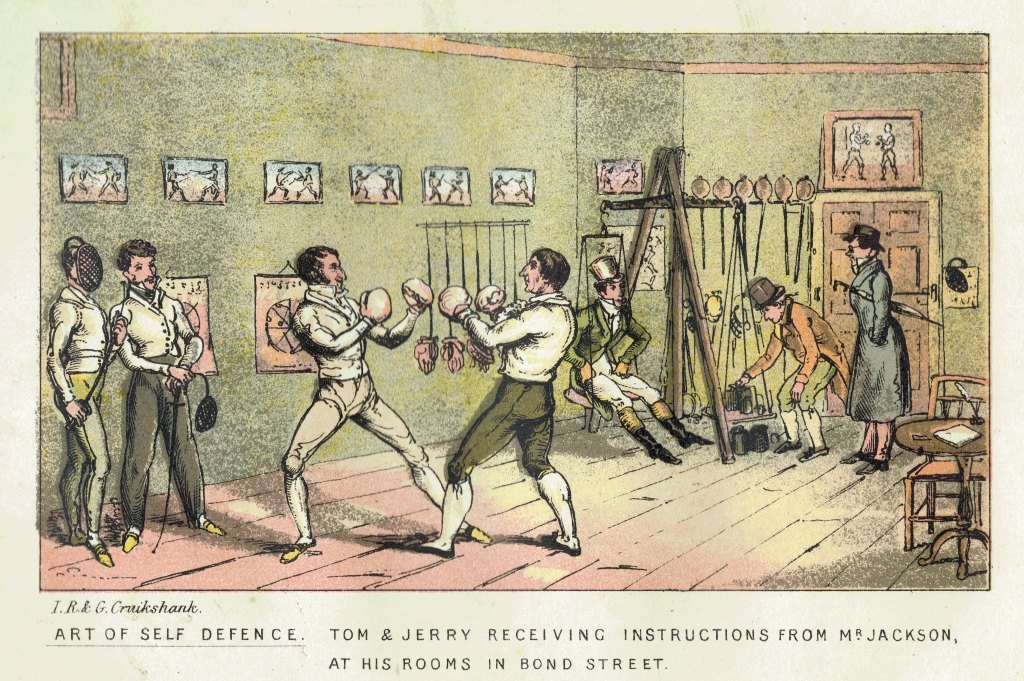
Back in Sligo by the mid-1830s, Somers entered respectable society as a magistrate and started to cultivate an electoral interest. He also began running horses at various Irish meets, quickly falling into the bad books of the Jockey Club as a debtor.
As well as being ‘well posted in all the gossip of the town’ Somers, whose ‘frame [was] vigorous and athletic beyond what his … slight and boyish figure’ suggested, was known for his fashionable dress. One contemporary observed that:
His [Somers’s] blue frock-coat was designed with admirable skill, and was invariably a perfect “fit”; his primrose coloured kid gloves appeared as if they had grown upon his hands; his hat (worn, of course with a Hibernian predilection to keep to one side of his head instead of being fairly balanced) was always of the finest Paris nap, and brushed with scrupulous care; his wristbands and shiny boots all that the most accomplished dandy could desire.
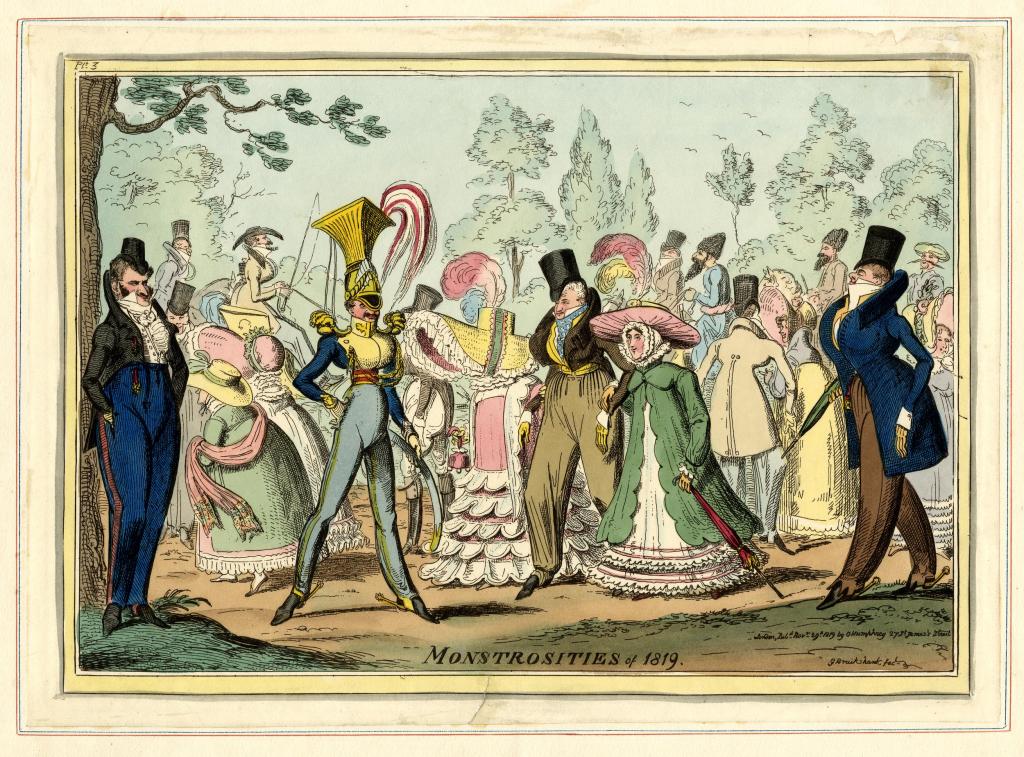
Somers’s sartorial elegance did little to mask a growing reputation for violence. His first recorded involvement in a duel was in January 1837, when he exchanged shots with a local Sligo Conservative. At the general election later that year he was elected to Parliament amidst allegations that he had overseen a campaign involving fictitious vote creation, kidnapping and voter intimidation.
His newfound status as an MP did little to temper his violent outbursts. In November 1838 he travelled to Paris seeking satisfaction from the former MP for Northumberland, Wentworth Beaumont, after the latter had reportedly had an affair with the wife of one of Somers’s friends. While pistols were not drawn, Somers was reported to have ‘assaulted’ Beaumont in the Tuileries Garden ‘with a horsewhip in an unsparing style’. Somers quickly fled to London before the French correctional courts sentenced him to two years imprisonment and a 500 franc fine. He never returned to France.
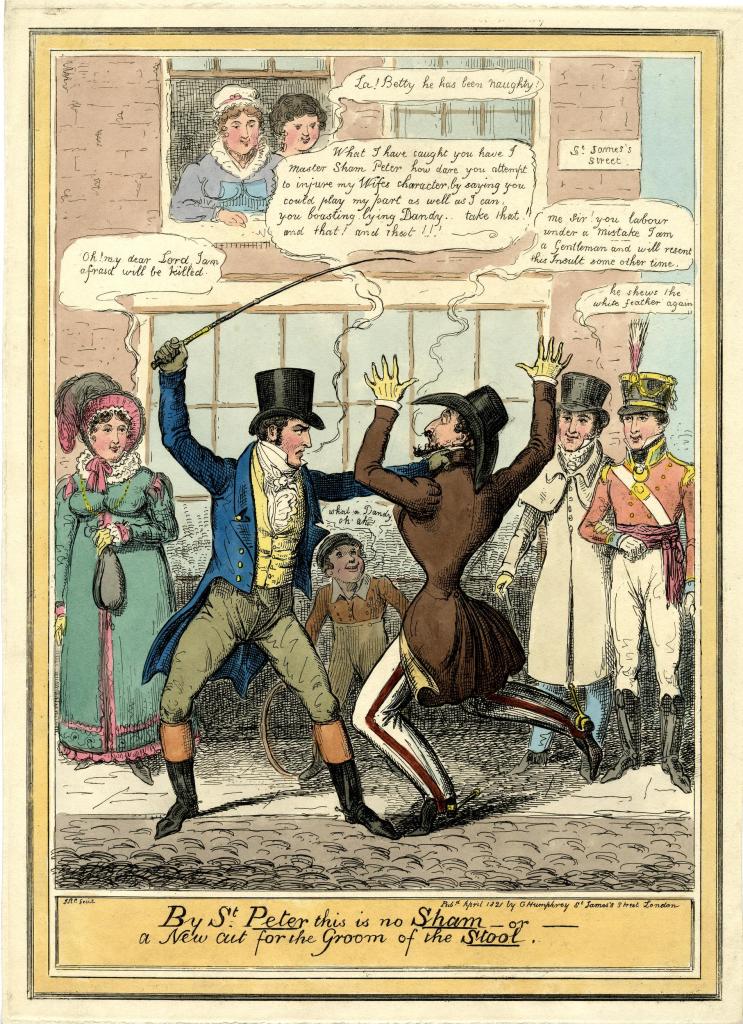
Somers made at least five further demands of satisfaction during his parliamentary career. This included two incidents in Parliament. In 1845 he challenged the radical MP, John Arthur Roebuck, to a duel in the Commons after the latter insulted Daniel O’Connell. After being threatened with a breach of privilege, Somers escaped imprisonment by advising the Speaker of ‘his regret’ and desire to ‘withdraw every offensive expression’ towards Roebuck. Two years later he had a fight in the lobby of the Commons with the former mayor of Sligo, Alderman O’Connor. O’Connor was imprisoned, but not before Somers had chased his opponent onto the streets of Westminster, challenged him to a duel and threatened him with transportation.
Violence appeared to follow Somers everywhere. One society onlooker recalled a particular feat of strength at a London ball, when Somers reportedly ‘threw an officer of the 10th [Royal Hussars] over the rail of a staircase’ because ‘“the Tenth would not dance”’. At the 1847 Sligo election, Somers’s opponent was reportedly ‘thrown off’ the hustings before ‘chairs were flung at him’ by Somers’s supporters. During the ‘melee’ Somers’s hat was reportedly ‘pierced by a thrust of an umbrella’ before his opponent’s agent reportedly ‘drew out a pistol’. And at the 1854 by-election Somers’s Liberal Conservative opponent was ‘struck and kicked severely’ while Somers watched on ‘shaking his clenched fist’ and shouting: ‘it’s well for you, you cowardly ruffian, that Somers hasn’t you elsewhere, von poltroon’.
Insecurity over his personal finances probably contributed to Somers’s turbulent emotional state. He was regularly accused of failing to pay his debts on the racecourse and in gaming houses. In 1848 it was reported that he had £14,000 in debts entered in the Irish courts and in 1854 he spent several months in debtors’ prison before being declared bankrupt with English debts of almost £10,000.
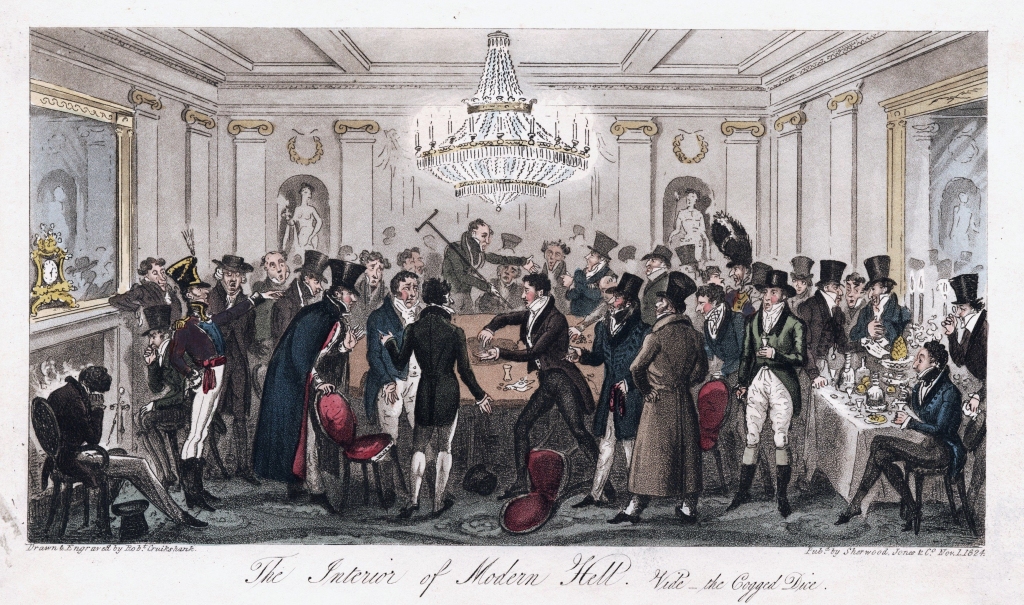
All this begs the question of how Somers served as an MP for so long, particularly given that at the time MPs received no salary and were required to meet stringent property qualifications. In fact Somers’s perilous finances meant that his parliamentary career was almost over as soon as it began. In 1838 he was hauled before an election committee following accusations that his property did not meet the £300 a year annual requirement for borough MPs. Some highly creative accounting that inflated the rent of his Irish estates, and his loyalty to the government whip in major votes, meant the election committee found in his favour.
He was not as fortunate in 1848, when evidence of his debts and a massive reduction in Irish property values since the Famine meant the Liberal Russell government could not save him from being unseated by an election committee. This apparently prompted one government minister to state ‘I am sorry for it [Somers’s unseating], for drunk or sober he voted with us for the last eleven years’.
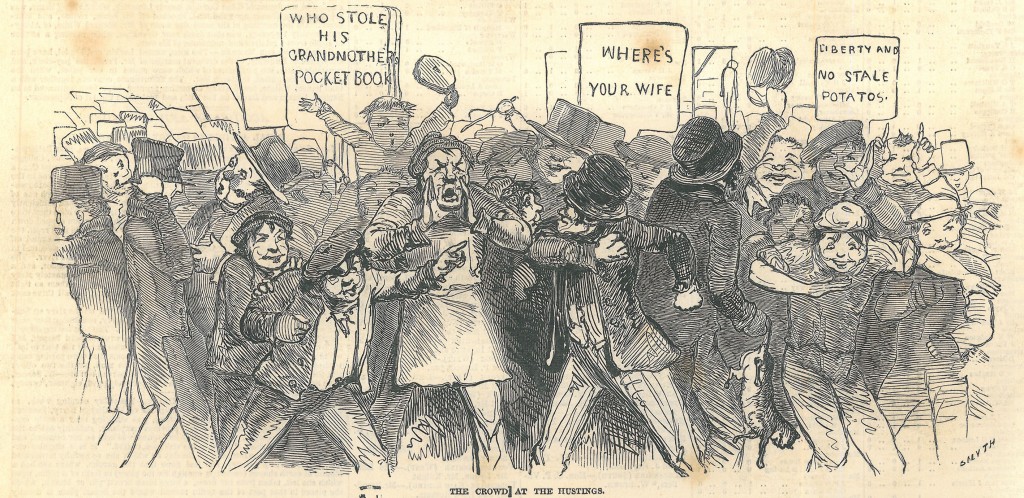
Despite being unseated in 1848, Somers returned to Parliament within a year, following two further by-elections. As well as advocating some genuinely populist politics, his pecuniary and emotional grip on the constituency of Sligo was strong. One historian has suggested that there was ‘not a family in [the] town’ untouched by his patronage. He was also highly intimidating. At one election he was accused of ‘perambulating the town, followed by a rabble-root of strumpets, and juvenile pickpockets, who set up discordant yells at the doors of his opponents’.
He retained his seat until the 1852 general election, when he was defeated by Sligo’s equally corrupt Conservatives. A series of by-elections followed over the subsequent decade, as Somers and his opponents exchanged claim and counter-claim over corruption and bribery. Somers continued to fight for the seat even after his bankruptcy, and sat in Parliament briefly after an election victory in 1857, before again being unseated, formally for bribery, but amidst allegations of ‘manly and murderous attacks’ by his campaign. He continued to contest Sligo elections, unsuccessfully, as a ‘poor man’ until his death in 1862.
MS
For details of how to access the draft biographies of MPs for the Commons 1832-1868, including John Patrick Somers, click here.

What is a “venal” borough?
A corrupt borough, prone to bribery. Sligo was disfranchised for corruption in 1870.
Pingback: Happy New Year from the Victorian Commons! | The Victorian Commons
Could you tell me if he was ever married or had children and what their names were?
Susan SommersMatheis
At present we know that Somers’s wife was, Anne Eleanor (d. 1897), and he had one daughter, Mary Elizabeth Somers Loughran (1847-1929)